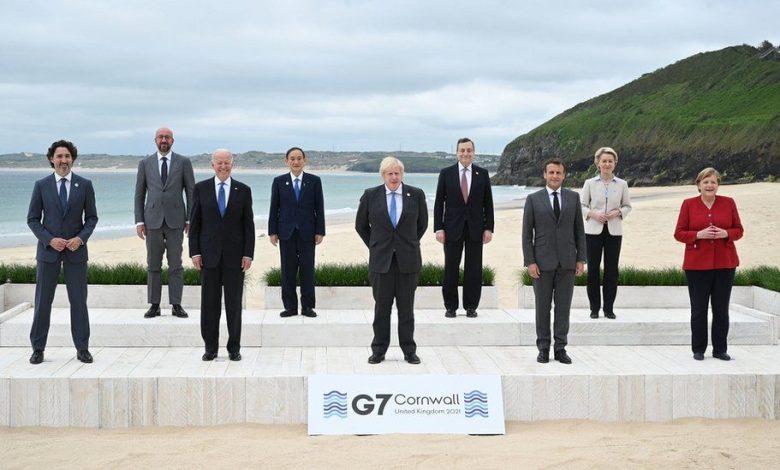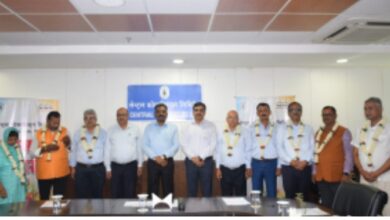G7 Falling ‘Significantly Short’ On Climate Action To 2030
G7 economies need to slash their own emissions by 58% by 2030 compared to 2019 levels to do their part to limit warming to 1.5°C

The Group of Seven (G7) governments are on track to achieve barely half the necessary greenhouse gas emissions reductions by 2030 to meet the Paris Agreement’s 1.5°C target, analysis by Climate Analytics unveils. The findings come just days ahead of the G7 Climate, Energy, and Environment Ministers meeting in Venaria Reale, Italy (28-30 April 2024).
Neil Grant, the lead author of the analysis, commented: “These economies, who make up 38% of the world’s GDP, are not pulling their weight: they have both the technology and the finance to up their game. Against the backdrop of unprecedented climate extremes exacerbated by the use of fossil fuels, taking ambitious action to decarbonise and setting a deadline to move away from fossil fuels should be the bare minimum.”
Key findings:
- The G7 economies need to slash their own emissions by 58% by 2030 compared to 2019 levels to do their part to limit warming to 1.5°C.
- The current collective 2030 ambition level of the G7 stands at an insufficient 40-42%, but existing policies suggest that the G7 will likely only achieve a 19-33% reduction by the end of this decade.
Additional key recommendations:
- Implementing national climate targets is imperative, no G7 member is even on track to meet their existing targets.
- Commit to phasing out domestic coal and fossil gas power generation by 2030 and 2035 respectively.
- End public financing and other support for fossil fuels abroad, with Italy and Japan, the current and preceding presidency of the G7, ranking among the top 5 countries subsidising fossil fuel projects in the G20.
- Accelerate towards the global goal of tripling renewables and doubling energy efficiency by 2030.
- Commit new and additional international climate finance, well beyond the $100 billion goal, and develop innovative financing instruments to accelerate the provision of accessible finance to vulnerable countries.
The writer of this article is Dr. Seema Javed, an environmentalist & a communications professional in the field of climate and energy




